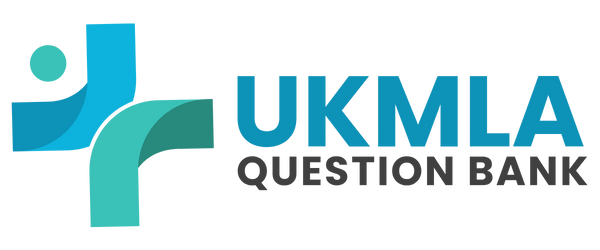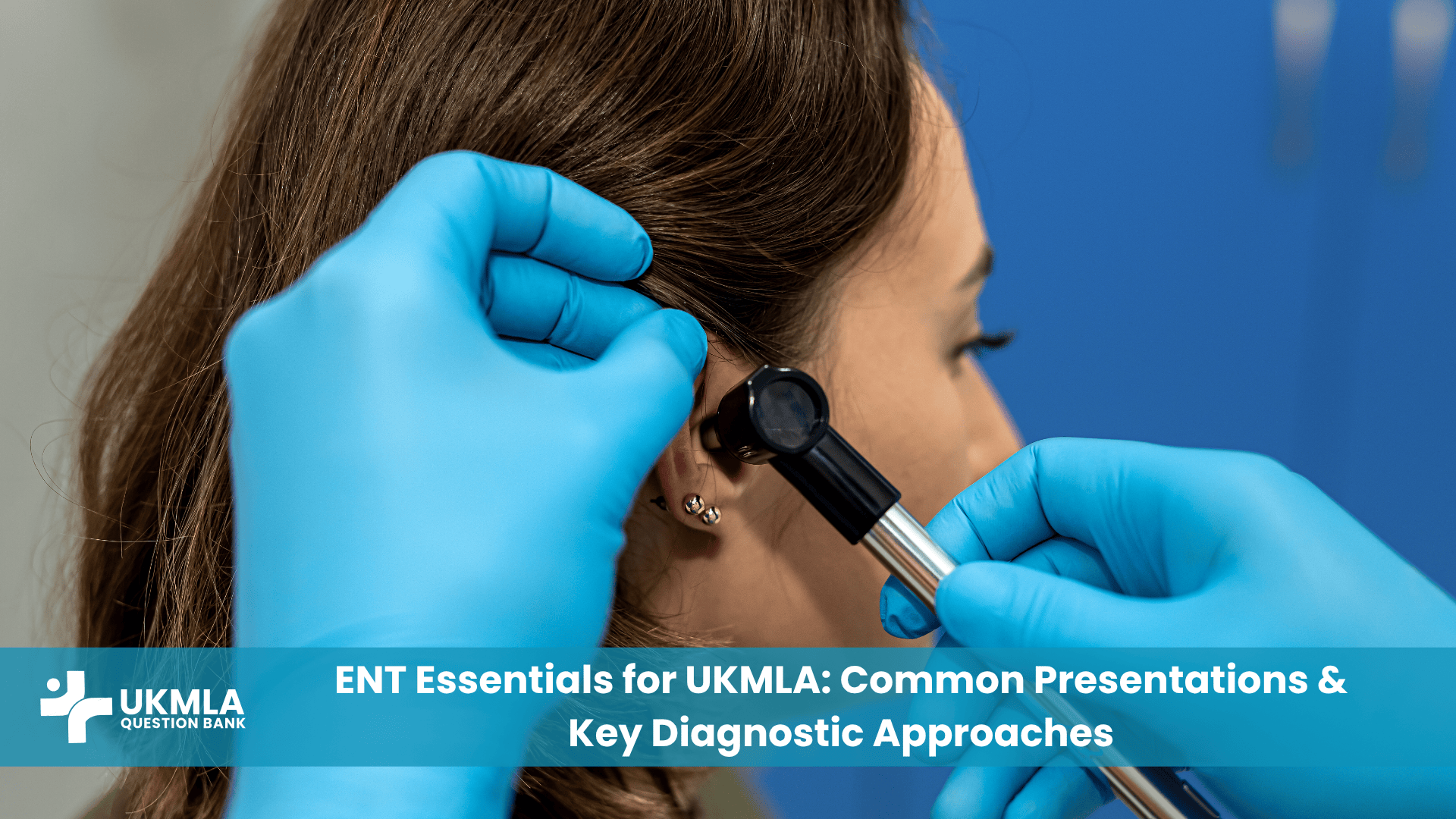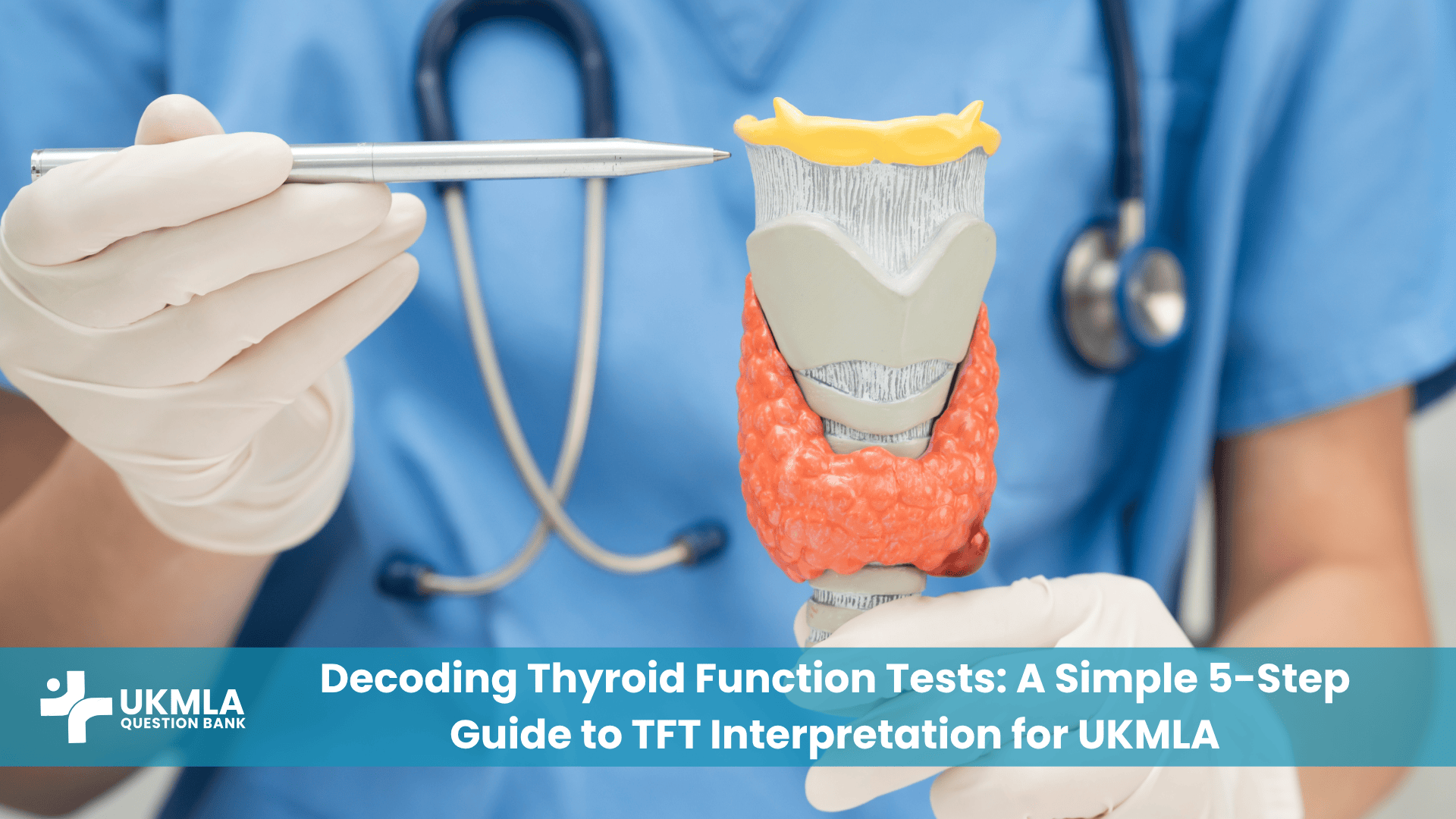Today’s competitive environment necessitates strategic and comprehensive preparation for the UKMLA examination. Accessing an exhaustive UKMLA Question Bank is vital to any aspiring medical professional’s success. In this article, we outline the characteristics of an effective UKMLA Question Bank in depth, so you can leverage it effectively to maximize exam performance. Our aim is to provide you with an exhaustive guide that not only supports but also aids your preparation efforts, ensuring you know how to make the most of your chosen UKMLA Question Bank.
Understanding the UKMLA Exam
The UK Medical Licensing Assessment (UKMLA) exam is an extensive examination designed to test both knowledge and skills required of future doctors. It encompasses multiple domains, such as clinical reasoning, medical ethics, and practical competencies – making an extensive preparation strategy essential. As this exam assesses both theoretical knowledge as well as its application in practice, a comprehensive UKMLA Question Bank is indispensable.
Key Features of the UKMLA
Comprehensive Syllabus Coverage: The UKMLA exam covers an expansive array of subjects spanning basic medical sciences through advanced clinical practices. A robust UKMLA Question Bank ensures that each domain is covered.
Real-world Clinical Scenarios: The exam places emphasis on real-life problem-solving situations using clinical scenarios. An effective UKMLA Question Bank includes case studies and simulation questions which simulate real life events.
Adaptive Learning: The top question banks offer adaptive learning systems designed to accommodate individuals’ individualized learning curves, enabling users to target weak areas while reinforcing strengths.
Regular Updates: As medical knowledge evolves rapidly, a UKMLA Question Bank that regularly incorporates the most up-to-date guidelines and evidence-based practices is key in keeping your preparation relevant.
Why a Comprehensive UKMLA Question Bank Is Essential
An exhaustive UKMLA Question Bank serves as an indispensable resource for UKMLA candidates. Here’s why we strongly advocate its usage:
Regular Exposure Leads to Better Knowledge Retention
Candidates benefit from regular exposure to various questions by internalizing complex concepts through practice with different kinds of problems. Our approach relies on spaced repetition principles which have been proven to increase memory retention during high-pressure exams.
Real-Time Exam Simulation
One of the key benefits of using a comprehensive UKMLA Question Bank is its ability to simulate real exam conditions. By including timed tests and mock exams in your study regimen, you can get used to being in an exam environment before test day arrives – helping reduce anxiety while building confidence!
Identification of Knowledge Gaps
A well-crafted UKMLA Question Bank provides extensive analytics and feedback, which is crucial for identifying areas that require further study. With this knowledge at your disposal, it allows you to efficiently allocate efforts toward filling any knowledge gaps resulting in an optimized preparation strategy.
Improved Decision-Making Skills
The UKMLA exam is not solely about memorizing facts; it also tests critical thinking and fast decision-making skills. Engaging with various types of questions from your UKMLA Question Bank sharpens your ability to quickly assess situations, evaluate possible outcomes and make informed decisions quickly–an invaluable skill both during the exam itself as well as for your future medical career.
Features of an Effective UKMLA Question Bank
An effective UKMLA Question Bank goes beyond being just a repository of questions; we recommend considering its features carefully in order to meet all of your study needs:
An Ideal Question Bank Content
An ideal UKMLA Question Bank must include all topics included in the UKMLA syllabus. This includes fundamental topics like anatomy, physiology, pathology and pharmacology as well as clinical specialties like cardiology, neurology and emergency medicine. By offering an array of questions for different scenarios you’ll be better equipped for whatever situation may arise.
Extensive Explanations and Rationales
It is of vital importance that each question in the bank comes with extensive explanations and rationales of both correct and incorrect answers, to clear any doubts you might have and deepen your understanding of complex medical concepts. We focus on breaking down reasoning processes so even challenging questions become opportunities to learn something new!
Interactive and Adaptive Learning Tools
Modern question banks integrate interactive features like quizzes, flashcards and adaptive testing into the learning experience for an engaging, personalized approach that allows you to track progress and identify areas for improvement. Our focus on using technology makes passive learning a more dynamic and enjoyable process than ever.
User-Friendly Interface
Navigation is a key factor of any effective study tool. An intuitive and responsive user interface enables you to quickly locate and review topics without being distracted. We prioritize clarity and accessibility so as to enhance your overall learning experience.
Regular Updates and Peer Reviews
Medical guidelines and standards are constantly changing, making an outstanding question bank essential in keeping up with today’s clinical practices. Some Qbanks collaborate with experienced practitioners to ensure their resources reflect the most up-to-date advances in medicine.
How to Utilize a UKMLA Question Bank Effectively
In order to fully utilize the benefits of a UKMLA Question Bank, it’s crucial that it becomes part of your overall study strategy. Here are some expert strategies designed to maximize success:
An Organized Study Plan
We advise creating a detailed study plan with ample time allocated for regular practice sessions using your UKMLA Question Bank. Break your study sessions down into manageable segments each day, and focus on different topics each time – this not only ensures full coverage of the syllabus but also assists in maintaining steady progress.
Regular Self-Assessment
Establish weekly self-assessment tests using mock exams from your UKMLA Question Bank to measure progress, identify strengths and weaknesses, and adjust your study plan as necessary. Continuous self-assessment fosters a proactive learning approach by keeping you on the right path to success.
Concentrate on High-Yield Topics
Some topics have a greater likelihood of being tested. By reviewing your UKMLA Question Bank’s performance metrics and feedback, identify those areas that most apply to the exam and focus on these high-yield areas for study – this will maximize efficiency while increasing chances of scoring high on tests.
Collaboration and Discussion Groups
Join your peers and form study groups to tackle complex questions and share insights, as collaborative learning often leads to deeper comprehension of challenging concepts. We recommend the use of online forums and discussion platforms so as to facilitate dialogue on relevant subjects – further enriching your educational experience!
Simulated Exam Conditions
To increase familiarity with test environments and build time management and stamina skills necessary for an exam day experience, practice under exam-like conditions frequently. Timed quizzes and full-length mock exams help build stamina needed for actual testing conditions – this reduces anxiety while simultaneously improving performance and overall test score.
Expert Tips and Study Strategies for Your UKMLA Question Bank
Our team of experts has put together some tips to make the most of your study sessions with a UKMLA Question Bank:
Prioritize Consistency: Regular practice can make a dramatic difference in both retention and understanding. Even short, daily sessions can have significant benefits.
Examine Your Mistakes: Don’t just record which questions were wrong; understand why! Analyzing errors provides invaluable insight into where your weaknesses may lie.
Use Exhaustive Explanations as Learning Tools: Leverage the detailed explanations provided with every question as learning tools to transform mistakes into knowledge.
Establish and Maintain a Balanced Study Schedule: Take breaks between study periods to avoid burnout, as a well-rested mind is better at processing and remembering information.
Keep Up with Updates in the Question Bank: To make sure that you are studying relevant material.
Case Studies and Success Stories
Numerous candidates have successfully navigated the UKMLA with the assistance of dedicated question banks, providing numerous case studies where individuals used deliberate practice combined with high-quality resources to achieve top scores on test day. We have documented several such case studies to prove it!
Case Study 1: Transforming Weakness into Strength
One candidate quickly recognized her difficulty with clinical scenarios early on and, by targeting questions with rationales that supported them from her chosen question bank, was able to systematically improve her performance and ultimately transform a weakness into strength. Her case illustrates how using a tailored and comprehensive question bank can turn weak areas into strengths.
Case Study 2: Adaptive Learning
Another candidate leveraged adaptive testing features of their question bank to focus on areas he initially found challenging, using personalized approaches that enabled him to score exceptionally well on them despite initially finding them daunting. His journey highlights the significance of adaptive learning for exam preparation.
Conclusion: Your Pathway to Success with a UKMLA Question Bank
In sum, the UKMLA Question Bank is an indispensable resource for medical aspirants. With its extensive coverage, detailed explanations, and adaptive learning tools, making effective use of a UKMLA Question Bank can make passing the UKMLA exam much simpler. By creating a structured study plan with regular self-assessments as well as focus on high yield topics you can ensure an in-depth preparation that builds both knowledge and confidence for exam day success.




